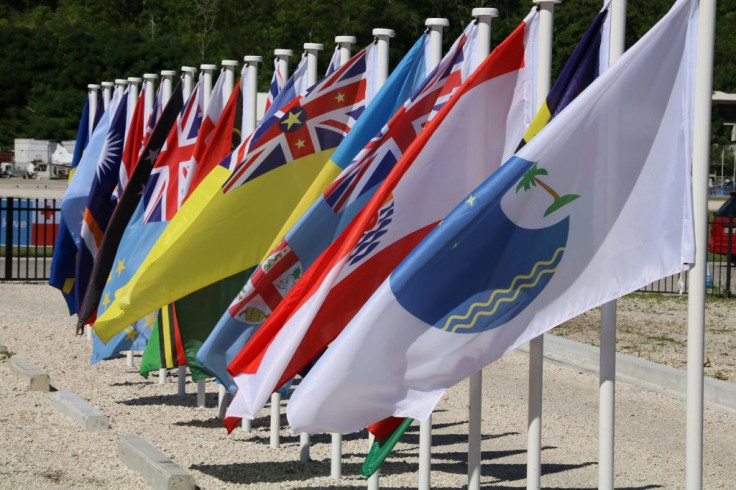Pacific Islands Forum Apologises Over Leadership Row
The Pacific Islands Forum apologised Wednesday for its handling of a leadership row that prompted five nations to quit the grouping, but one of the leading dissenters said it meant nothing without remedial action.
The dispute erupted in February, splitting the Forum and upending diplomacy in a region where the United States and China are competing for influence.
Micronesian countries, angry their preferred candidate for PIF secretary general was snubbed when it was their turn to fill the role, announced they would leave the 18-member body.
Senior Forum members held a virtual meeting with the Micronesian leaders this week to discuss the rift and look at "restoring the solidarity of the PIF".
Forum chair Kausea Natano said there were "open and frank" talks with the Micronesian members, comprising Palau, the Marshall Islands, Kiribati, Nauru, and the Federated States of Micronesia.
"It was an opportunity for the forum to directly express to the Micronesian leaders our regret and apologies for the current circumstances facing our forum family," he said in a statement issued Wednesday.
Natano said he was working with the Micronesians to seek "an amicable way forward to this impasse".

But his apology was dismissed by Palau President Surangel Whipps, who said the only way the Micronesians would rejoin the Forum was if incoming secretary general Henry Puna agreed to step aside.
"Sorry for what? An apology should come with a remedy, so I assume they're working on a remedy," Whipps told AFP.
"What I've alway said is if Puna's in, Micronesia's out, so I hope they're heading in that direction."
Puna, the former prime minister of the Cook Islands, has kept a low profile since he defeated Micronesia's candidate Gerald Zackios of the Marshall Islands by a single vote in February.
But he told the Cook Islands News last week that he intended to take up the role, then push "as hard and as fast as I can, so that the Forum family will remain intact and complete".
The PIF is mostly made up of small island states along with Australia and New Zealand, and is a key element of the US allies' diplomatic efforts in the region.
It has become influential on the issue of climate change, amplifying the voice of many of the region's small island states that are threatened by rising seas and ever-more intense cyclones.
The spat provides a potential opening for China to boost its influence with the sparsely populated but strategically important Pacific island nations, which would alarm the United States and Australia.
© Copyright AFP 2024. All rights reserved.





















